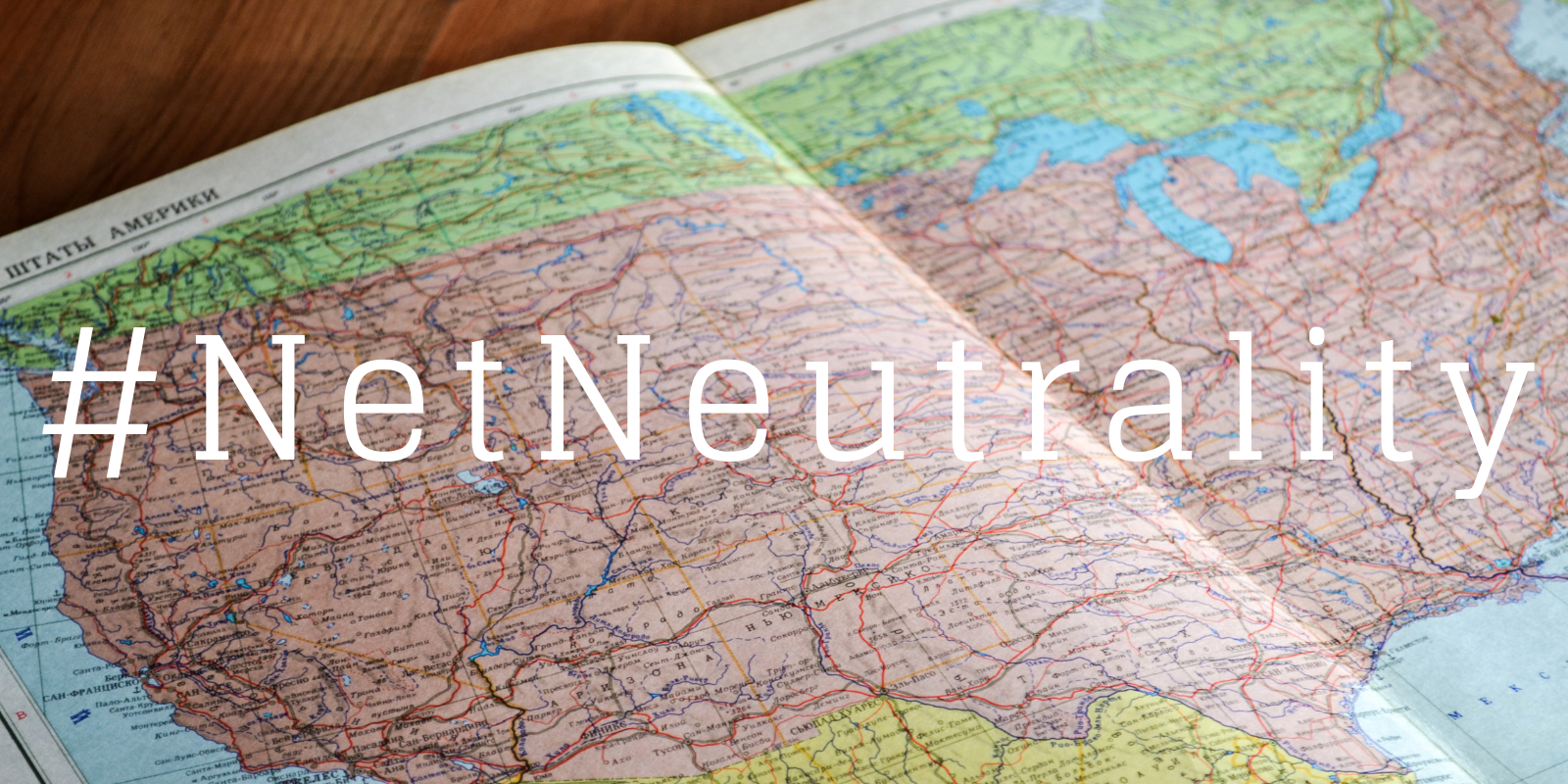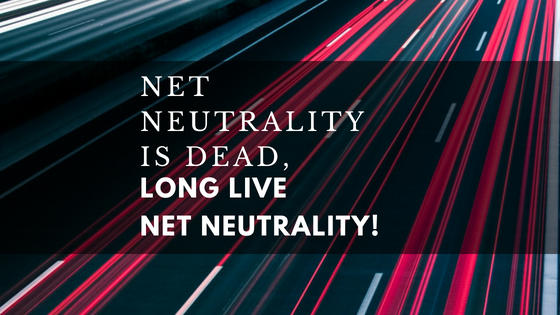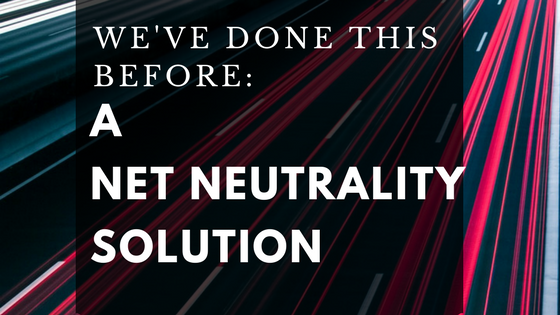You can still make a difference. You can make your voice heard on this issue by calling your representatives in Congress and the Federal Communications Commission to urge them to support Net Neutrality. They are not contacted as often as you might think which means your voice can have an oversized impact upon the issue. Contact them today and be a part of ensuring that the Internet remains a place of freedom and equality for all.
Comments closedTag: FCC
Last year the Federal Communications Administration (FCC) voted to rollback the Net Neutrality law passed during the Obama administration. I’ve written about this previously. I think I’m on safe ground when I say that most people would agree that laws designed to keep the Internet on a level playing field make sense given that most US citizens don’t have much if any choice when it comes to Internet access. That’s why states have taken the matter into their own hands.
California recently passed its own Net Neutrality law. This is a big deal because Internet providers cannot realistically apply one set of standards to traffic in California and a different set everywhere else. California is big enough that it can effectively influence legislation on a national level. It did this in 1966 when the state established the first tailpipe emissions standards, which resulted in all cars sold throughout the US having catalytic convertors. When California passes a law affecting companies that do business across the United States, it can change how those companies operate in all states.
Comments closedEarlier this week, the FCC’s repeal of Net Neutrality officially when into effect. What does this mean? It means that the rules that were put into place to prevent ISPs from abusing their power are gone. You might be wondering what power they actually have? I’ve already written about this before but in summary, most people only have a single option for internet service. That means that for them, there is no competition. Their ISP has them by the proverbial short hairs and there’s no other place most of us can go for Internet access. Net Neutrality at least prevented those ISPs from really abusing their monopoly. That’s now gone.
As the Electronic Frontier Foundation said, you’re not going to see your Internet service suddenly slow to a crawl or block specific sites. It will be more of a steady decline. It’s like having terminal cancer. It won’t kill you tomorrow but it will eventually.
Comments closedAs I’ve written before, the FCC’s claim that rolling back Net Neutrality will result in more competition (which presumably will be better for consumers) is flawed because of the cost of the last mile. What that means, in summary, is that over the last 30 years various cable and telecom companies have bared the cost of laying all the cable/wire necessary to bring internet service to most of the homes and businesses in US cities. They did this because city governments were more than willing to trade the enormous cost of creating a citywide network for the provider having (in most cases) an effective monopoly on providing internet access.
This isn’t the first time a service or utility has evolved in this manner in the United States. The railroads, the telegraph and later telephone service were all networks that were developed in much the same way.
Comments closedDuring the Obama administration, internet service providers (ISPs) were reclassified as Telecommunication Service Providers. This meant that they would be treated like phone companies, as common carriers with all the regulation that implies. Prior to this they were classified as Information Providers which clearly made no sense since ISPs provide the network, not the actual content. Most importantly, Net Neutrality prevents ISPs from providing paid fast lanes which would allow companies to pay ISPs to make traffic to their site faster than traffic to other sites.
Comments closed



